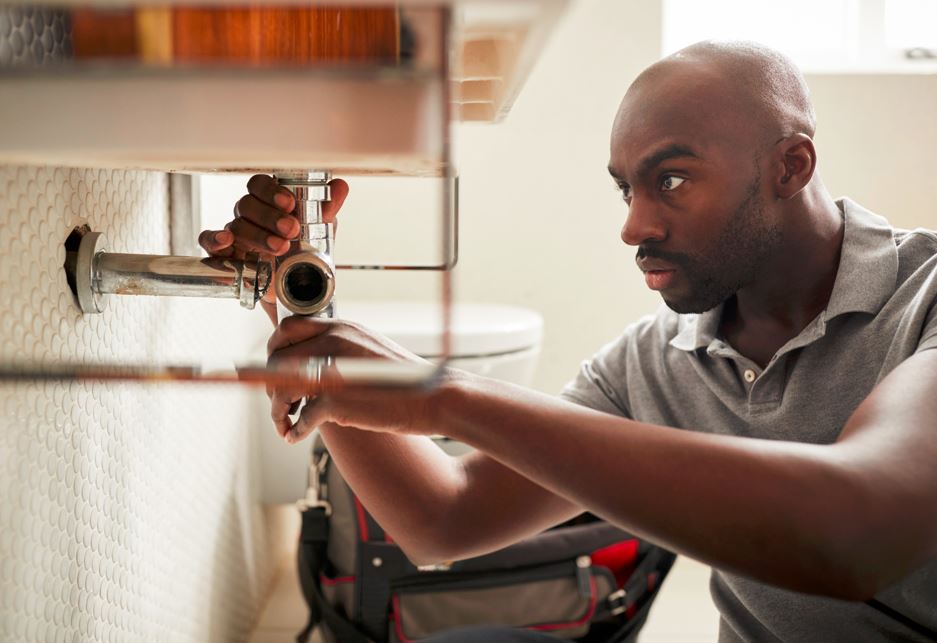- admin
- May 21, 2024
- 1020 Views
In Kenya’s fast-growing construction sector, the role of a professional plumber cannot be overstated. Plumbing is a critical component of any new building, impacting not only the day-to-day functionality of the property but also its long-term sustainability and safety. This blog delves into the pivotal role that plumbers play in the construction process and the importance of engaging professionals to design and implement plumbing systems.
Understanding the Role of a Plumber
A plumber is responsible for the installation, repair, and maintenance of the systems that allow for the safe and efficient movement of water, sewage, and sometimes gas, in and out of buildings. In new constructions, this involves a complex array of tasks from the laying of underground drainage systems to the installation of sanitary fixtures. The expertise of a plumber ensures that these systems are not only functional but also adhere to local building codes and standards, which are crucial for ensuring safety and efficiency.
Importance of Professional Design
The design phase is perhaps the most critical aspect of plumbing in new construction. Professional plumbers or plumbing engineers use sophisticated tools and software to create detailed blueprints of a building’s plumbing system. This design must ensure optimal water pressure throughout the building, proper drainage and waste disposal, and the prevention of water backflow that can contaminate clean water. A well-designed plumbing system maximizes efficiency in water use and energy consumption, crucial in today’s eco-conscious market. In Kenya, where water scarcity is a common issue, efficient plumbing systems help in conserving water, thus playing a part in environmental sustainability.
Compliance with Regulations
In Kenya, plumbing work in new constructions must comply with specific local building codes and standards. These regulations are in place to ensure safety, facilitate efficient maintenance, and promote sustainability. Professional plumbers are familiar with these regulations. They ensure that all installations are compliant, which not only prevents legal issues but also ensures the safety of building occupants. Moreover, properly installed plumbing systems reduce the risk of future problems, such as leaks or burst pipes, which can lead to extensive water damage and costly repairs.
Long-term Benefits and Cost Efficiency
Hiring a professional plumber might seem like a higher initial investment, but the long-term savings can be significant. A professionally designed and implemented plumbing system reduces the risk of water leaks, which are a major cause of high water bills and potential structural damage to the building. Regular maintenance by a professional can also extend the life of the plumbing systems, reducing the need for expensive repairs or replacements. Additionally, in the event of issues, professional plumbers often provide warranties and follow-up services, offering peace of mind to homeowners and building managers.
Conclusion
The plumbing system is the lifeline of any new construction, crucial for its day-to-day operation and long-term value. In Kenya, engaging a professional plumber to design and implement the plumbing work in new constructions is not just a regulatory requirement but a wise investment. It ensures compliance with local standards, operational efficiency, environmental sustainability, and significant cost savings in the long run. As the construction industry continues to evolve, the expertise of professional plumbers will remain indispensable.
Want to learn more about Real Estate in Kenya, visit https://propertyshade.com/
